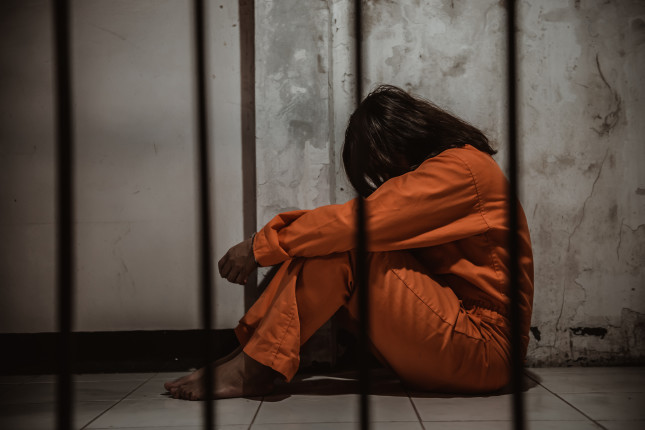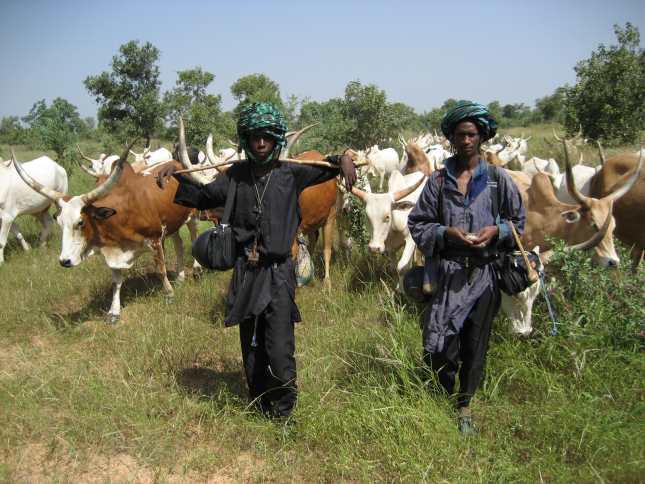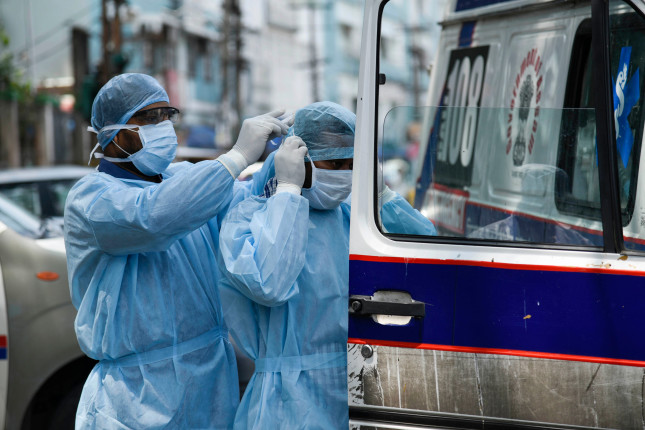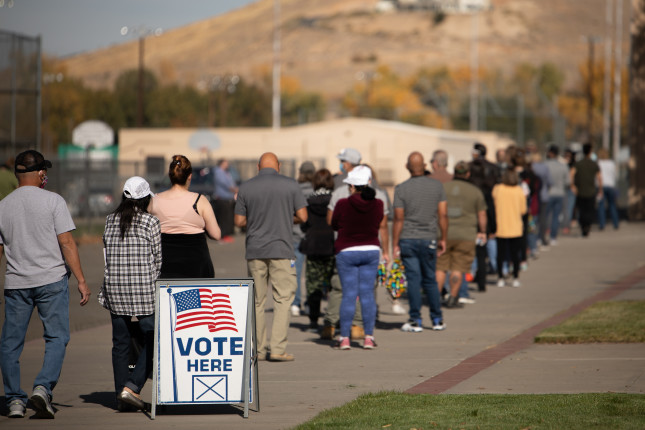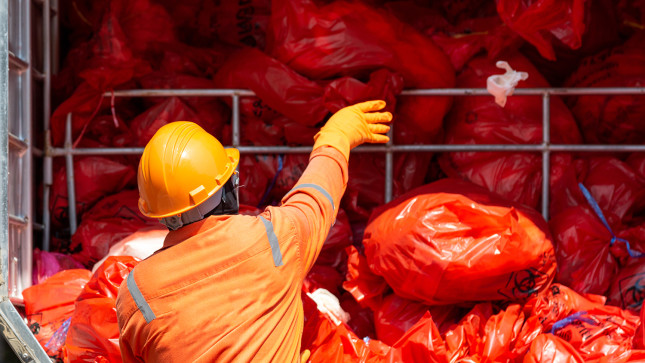-
The Top 5 Posts of November 2020
›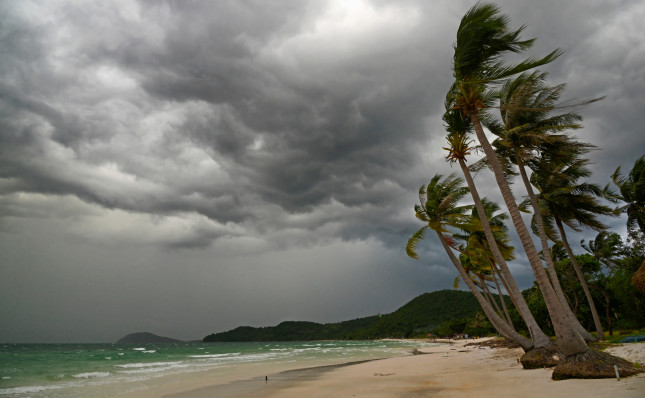
A powerful method for communicating and examining uncertainty, scenario planning has come to the fore in discussions on how to address COVID-19. As scenario planners continue to map the potential consequences of COVID-19, they are finding much in common with risk managers, who use past data to identify and forecast external threats. In our top post this month, Steven Gale suggests that it’s time for scenario planners and risk managers to align and join forces to produce a single foresight capability.
-
“An Idea Born of Desperation”: Simon Nicholson on Solar Radiation Management
› “If solar radiation management were done well—that is, the science is right, the engineering is right, and the policy and governance frameworks around all of the stuff work—then solar radiation management could be a really important, positive contribution to humanity’s responding to climate change,” says Simon Nicholson, associate professor at American University’s School of International Service and co-founder of the Forum for Climate Engineering Assessment in this week’s Friday Podcast interview with ECSP senior advisor and Ohio University professor, Geoff Dabelko. “But, there are all kinds of risks associated with this endeavor.”
“If solar radiation management were done well—that is, the science is right, the engineering is right, and the policy and governance frameworks around all of the stuff work—then solar radiation management could be a really important, positive contribution to humanity’s responding to climate change,” says Simon Nicholson, associate professor at American University’s School of International Service and co-founder of the Forum for Climate Engineering Assessment in this week’s Friday Podcast interview with ECSP senior advisor and Ohio University professor, Geoff Dabelko. “But, there are all kinds of risks associated with this endeavor.” -
New Constitution Could Help Chile Avert the Lithium Curse
›December 3, 2020 // By Matthew Gallagher
Chile is on the cusp of a new era. Just as its lithium—a common element of energy storage technology, which is itself a critical component of the clean energy transition—is experiencing a rise in global market demand, Chilean citizens have called for a new constitution.
-
Reproductive Justice in the United States Prison System
›
The United States imprisons the most women in the world. Across the United States, approximately 200,000 women are incarcerated—nearly an 800 percent increase since 1980. Women of color are disproportionately affected by the criminal justice system. In 2017, twice as many Black women and 1.3 times as many Hispanic women were incarcerated compared to white women. An often overlooked aspect of the increasing rates of women’s incarceration is the impact on the sexual and reproductive health needs of these women. “Despite being the fastest growing incarcerated population, women and girls are correctional afterthoughts,” writes Kimberly Haven, an activist and formerly incarcerated woman who had to undergo a hysterectomy—a surgical procedure to remove the uterus (and, with it, childbearing possibilities)—after being denied proper menstrual products while incarcerated.
-
Climate War in the Sahel? Pastoral Insecurity in West Africa Is Not What It Seems
›
As violence in Mali and Burkina Faso reached a ten-year high this year, the West African Sahel appears to be experiencing the perfect storm of climate stress, resource degradation, and violent extremism. At the center of that storm, one finds livestock herders—pastoralists—who are both vulnerable to environmental changes in the region, and historically marginalized from politics. Conflict in the region looks like a harbinger of the climate wars to come—but is it really? In research produced for Search for Common Ground, Andrew McDonnell and I found that while competition for land and water resources has increased dramatically across the region, violence associated with pastoralism emerges from a much more complex set of factors. Not surprisingly, the decisive conflict variable is governance.
-
Reducing the Risk of Pandemic Disease Threats Through Multisectoral Action
›
“No single individual, discipline, sector or ministry can preempt and solve complex health problems.”
The COVID-19 pandemic underscores the importance of multisectoral action to contain and mitigate the effects of the virus. Presently, during crisis conditions or “war time,” in the language of outbreak experts, multisectoral efforts—including actions traversing health, education, labor, finance and other sectors—are readily apparent. But when policymakers perceive crises have passed, during so-called “peacetime,” governance structures that enable multisectoral collaboration tend to diminish or languish.
-
A Tale of Two Transitions: Education, Urbanization, and the U.S. Presidential Election
›
Rather than delve into issue opinion polling, or assess presidential campaign strategies, political demographers assume that political change is the predictable product of a set of mutually reinforcing social, economic, and demographic transitions, which can be tracked using data. But is this true in a country like the United States that has been in the advanced stages of these development transitions for decades? If these transitions are as important as demographers believe, could their variation among the 50 states explain the outcome of the recent U.S. presidential election? If so, what could they tell us about America’s electoral future?
-
Mountains and Molehills: Medical Waste in China and the U.S.
›
At the initial epicenter of the COVID-19 pandemic in Wuhan, China, the daily output of medical waste soared five times its average volume — from about 40 tons to as much as 250 tons at the end of February. This overwhelmed Wuhan’s single specialized medical waste treatment plant, far exceeding its 50 tons-per-day processing capacity. As the pandemic progressed throughout China, it revealed the shortfalls in medical waste management capacity in many cities. At a news conference in Beijing in March, Zhao Qunying, director of the emergency management office of the Ministry of Ecology and Environment, reported that 22 cities were operating over-capacity and 28 cities were working at full or near full load.
 A Publication of the Stimson Center.
A Publication of the Stimson Center.

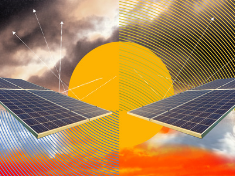 “If solar radiation management were done well—that is, the science is right, the engineering is right, and the policy and governance frameworks around all of the stuff work—then solar radiation management could be a really important, positive contribution to humanity’s responding to climate change,” says Simon Nicholson, associate professor at American University’s School of International Service and co-founder of the
“If solar radiation management were done well—that is, the science is right, the engineering is right, and the policy and governance frameworks around all of the stuff work—then solar radiation management could be a really important, positive contribution to humanity’s responding to climate change,” says Simon Nicholson, associate professor at American University’s School of International Service and co-founder of the 
